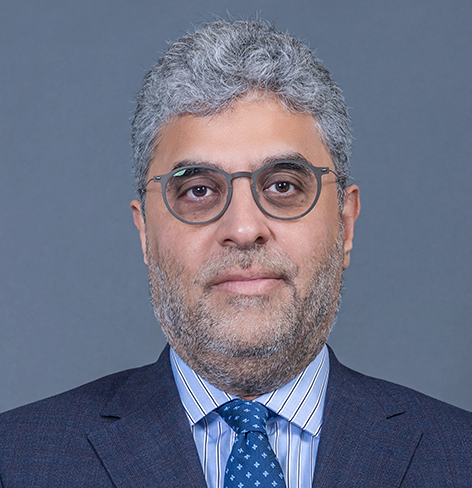
Qatar
Qatar's courts operate under a civil law legal system. Qatar's legal system is rooted in the Napoleonic Code which was adopted (via the Arab Civil Code) by many countries in the Middle East. Judges are independent of the state and their decisions are taken and implemented in accordance with the law. Hearings in Qatari court proceedings are open to the public unless the court decides of its own accord or at the request of an interested party to hold them in closed session. Case documents, however, are confidential to the litigants. Arabic is the official language in the Qatari courts and all pleadings must be in Arabic (with foreign language documents requiring translation by a court approved translator). While it is extremely rare for witnesses to be required to give evidence in court, the courts will hear evidence given through an interpreter where the evidence of a non-Arabic witness is required.
Qatari civil courts (the Civil Court) have jurisdiction over civil matters, while the commercial matters including corporate, banking, construction and maritime matters are heard and decided before the Investment and Trade Court (the Investment Court). The Investment Court is organized in the following instances:
- the First Instance Court, which comprises:
- the Lower Investment Court, which hears and decides on all civil and commercial cases where the amount in dispute does not exceed the sum of QAR10,000,000 (c. USD2,747,250);
- the Higher Investment Court, which hears and decides cases where the amount in dispute exceeds QAR10,000,000; and
- It also acts as an appellate court, hearing appeals against judgment issued by the Lower Investment Court.
- the Court of Appeal, which hears appeals filed against judgments issued by the Higher Investment Court; and
- the Court of Cassation, which is the ultimate court of appeal in Qatar, and hears appeals filed against judgments issued by the Court of Appeal or the Higher Investment Court, acting as an appellate court.
In addition, there are a number of specialist tribunals. Judgments issued by these specialist tribunals can be appealed to the Court of Appeal within the Civil Court.
Parties doing business in Qatar should also be aware of the Qatar Financial Centre (a business and financial center located in Doha) which, as a part of its business-friendly environment, provides an alternative judiciary in the form of the Qatar International Court (QIC) with respect to disputes arising between entities established within the QFC or between QFC entities and parties outside of the QFC. The QIC, which has a bench formed of internationally renowned common law judges, is designed to hear cases quickly and efficiently. Parties with disputes in Qatar should therefore consider making use of this more modern alternative to Qatari court litigation, if applicable to them.



